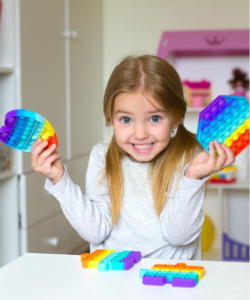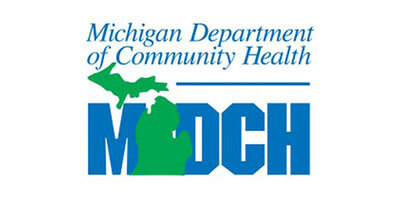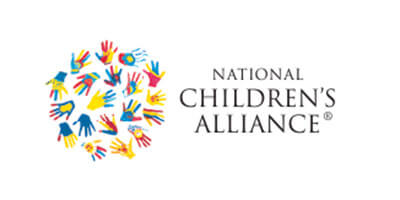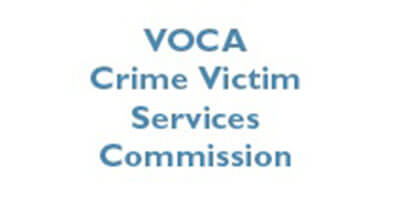Unfortunately, in today’s society a lot of adults and kids are left confused about the definition and nature of what sexual abuse actually is. There have been a multitude of news stories in the past several months leaving people wondering: What is it? Is it just sexual intercourse? Does it include things leading up to intercourse? What if the victim is intoxicated? Does it go as far to include sexual talk and/or photographs?
The National Society for the Prevention of Cruelty to Children (NSPCC) provides this definition for child sexual abuse:
“Child sexual abuse happens when a child or young person is forced, or entice to take part in sexual activities. No matter the level of violence, and regardless of the child’s awareness of agreement to what happening, it is sexual abuse.”
This definition covers a number of things including, but not limited to:
- Sexual touching on any part of the body, with or without clothes on
- Playing sexual games
- Encouraging a child to behave in sexually inappropriate ways
- Intentionally engaging in sexual acts in front of a child
- Showing a child sexual or pornographic pictures
- Using a child to create pornography
At Lapeer CAC, we see kids every week who have experienced sexual abuse in person or online, but don’t always recognize it as such. They will make comments like “I was almost sexually abused” or at times, not even acknowledge it was anything close to what they perceive as abuse. The reason for this is sexual abuse can be very confusing, especially for kids. When asked to describe abuse, a lot of people picture violent physical abuse, including punching and hitting, leading to a lot of hurt with bruises and broken limbs to prove it. Sexual abuse can present itself in this way, but doesn’t typically fit that description. A lot of time the abuser is someone they love or trust, who they would never anticipate to betray them. It’s a gradual process that often begins with the abuser gaining the child’s trust by befriending them, giving gifts, showing them special attention, etc. and ends in the taking advantage of the child, leaving them broken and confused.
As parents, it’s important to know and understand what sexual abuse is and create an open dialogue with your children about healthy relationships and body safety. They need to know that if they ever feel uncomfortable or unsafe in a situation to immediately tell a trusted adult who can help. Next week, we will be posting about the common symptoms of trauma and what signs to look for in your child.
In the meantime, check out NSPCC’s website and PDF guide for more information on identifying and preventing child sexual abuse.







